PressEdinburgh Music Review
“Superlative playing… [Aimard] is clearly a musician in demand. From this performance, it is not hard to see why.”
Simon Barrow | Edinburgh Music Review, August 2024
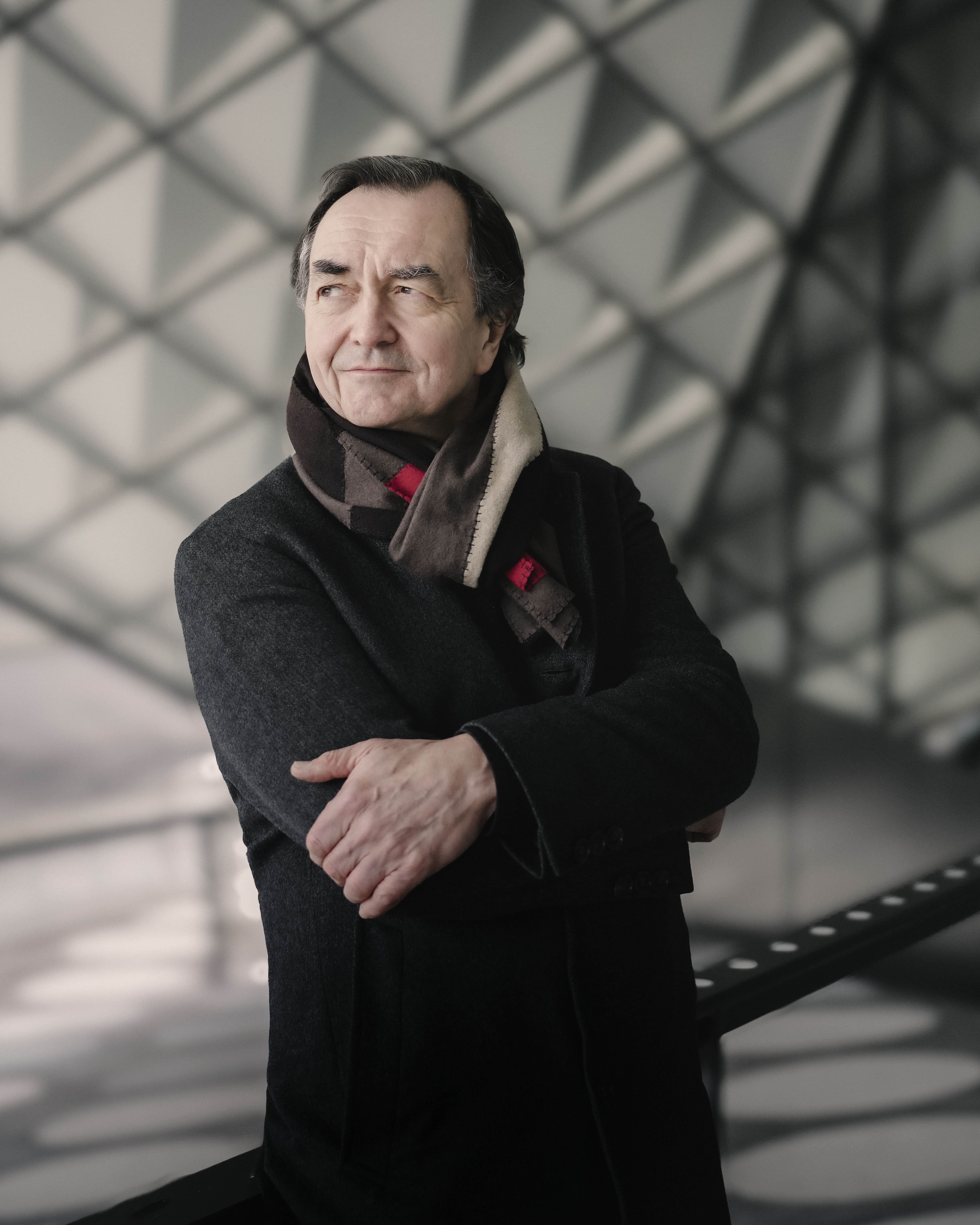
“Superlative playing… [Aimard] is clearly a musician in demand. From this performance, it is not hard to see why.”
Simon Barrow | Edinburgh Music Review, August 2024
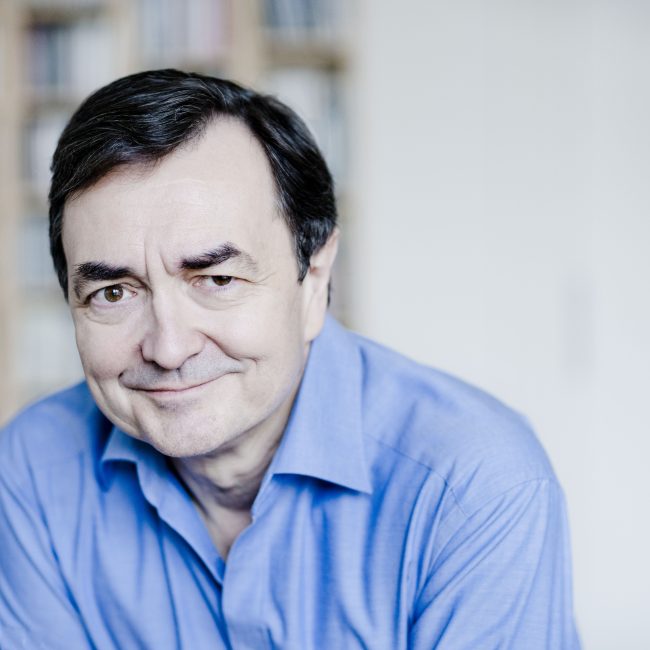
“Pierre-Laurent Aimard journeys like a sleepwalker, suspended between dream and reality, revealing all those fragile, ephemeral, but also indelible things that arise from Schubert’s spontaneity. The performer (…) picks out the smallest note as if all of Schubert were contained therein. (…) An old-fashioned record, with depth and raw charm, where everything breathes poetry.”
Erwan Gentric | Diapason, August 2024
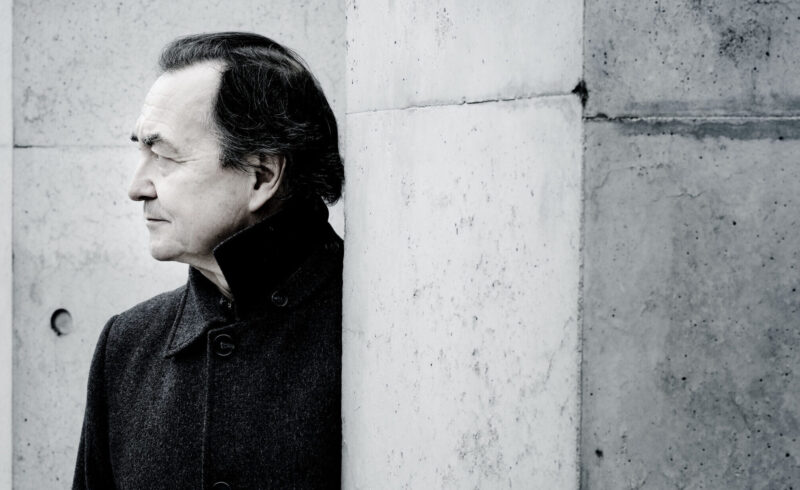
Pierre-Laurent Aimard’s Schubert Ländler album receives review from Gramophone Schubert composed around 450 dances for piano. While their original function may have been modest, all are exemplary of their kind, and …
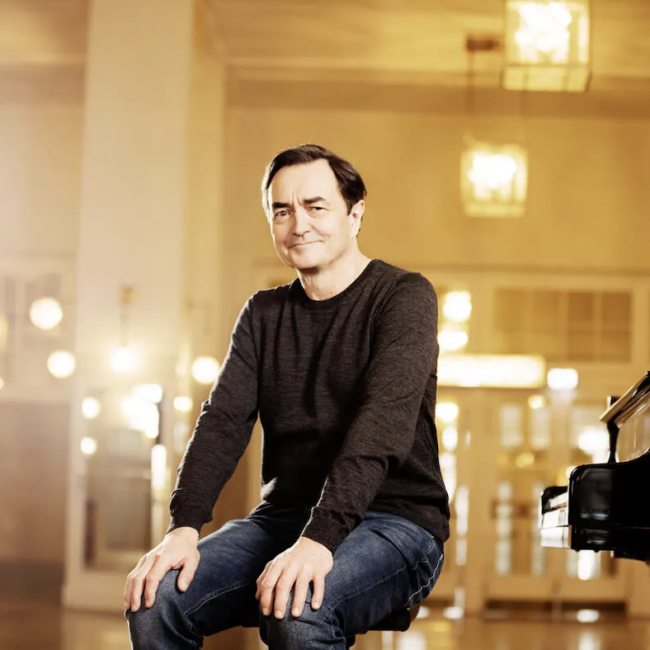
“Aimard find something special every time” – Performance ***** | Recording *****
BBC Music Magazine, July 2024
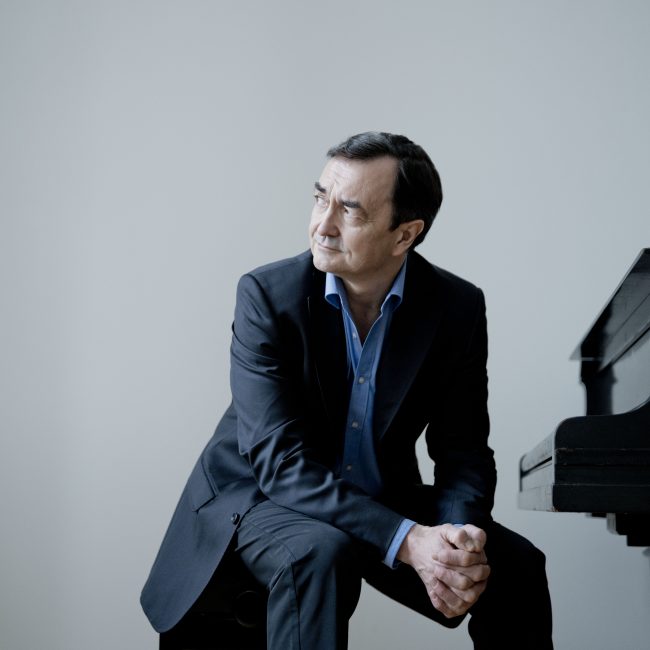
“Aimard elicits exactly those degrees and states of romantic longing, suffering and happiness that can be found in Schubert’s great piano and song compositions. […] and you listen to him with fascination, even spellbound.” – Rondo, Album of the Week
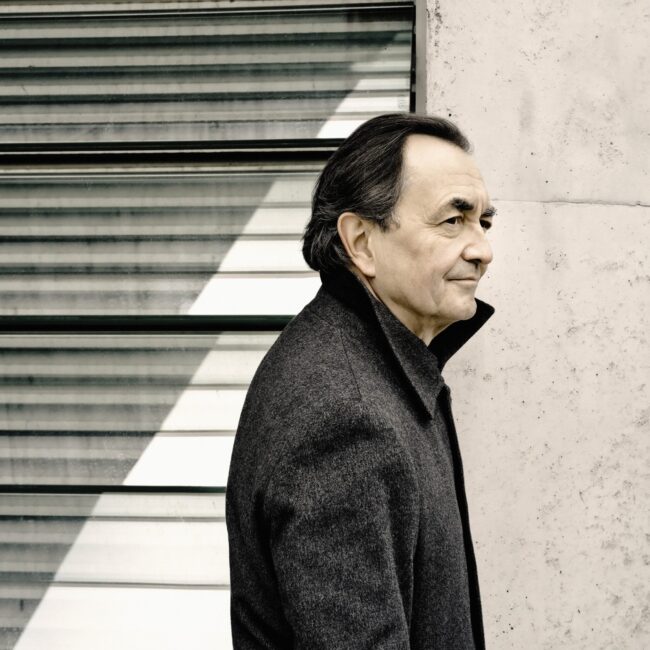
“(…) [Aimard] sounds like a natural Schubertian, imbuing the pieces with elegance and charm. His masterful control of tone and voicing, particularly in the left-hand accompaniment, adds a subtle layer of refinement.” – The Classic Review, Editor’s Choice for June
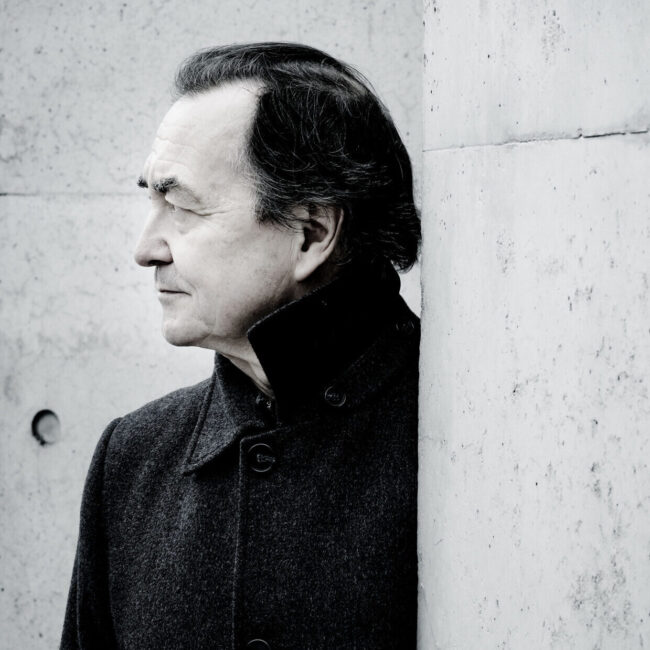
“Pierre-Laurent Aimard is uncompromising in his approach to the works performed here and sees them for what they really are: sophisticated light music. He emphasizes the dancing step throughout and really knows how to fill the composition with life in every phase, not neglecting moods and mood changes without ever exaggerating them. And so these ecossaises, German dances, ländler and waltzes offer a deeper insight into the composer’s complex emotional life, in addition to the dancing character.” – Pizzicato, Five Star Review
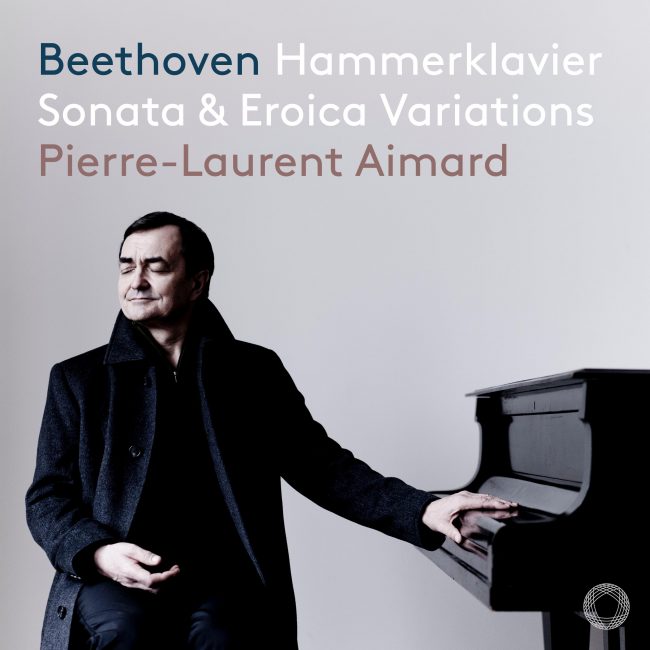
“There are some recorded performances so remarkable that to praise them seems insolent. This recording of Beethoven’s largest, longest piano sonata is among that tiny group. Pierre-Laurent Aimard is perhaps primarily known as an exponent of recent music, but then one could say, adapting a related remark of Stravinsky’s, that the Hammerklavier Sonata is forever contemporary. Certainly in an account as striking as this it seems to belong to no period of history, being more adventurous and challenging even than Beethoven’s other late masterworks.
What distinguishes Aimard’s account – this goes, too, for the far from meagre ‘filler’, the exuberant Eroica Variations – is that it is free from idiosyncrasy, so that one spends no energy in noting his negotiation of the huge spans of three of the movements, but remains wholly absorbed in Beethoven’s shocking and alarming creation. Fortunately the recording copes with the dynamic extremes, from the explosive opening chords through the long lamentation of the slow movement, and even the insane crashes and clashes of the final fugue.” – BBC Music
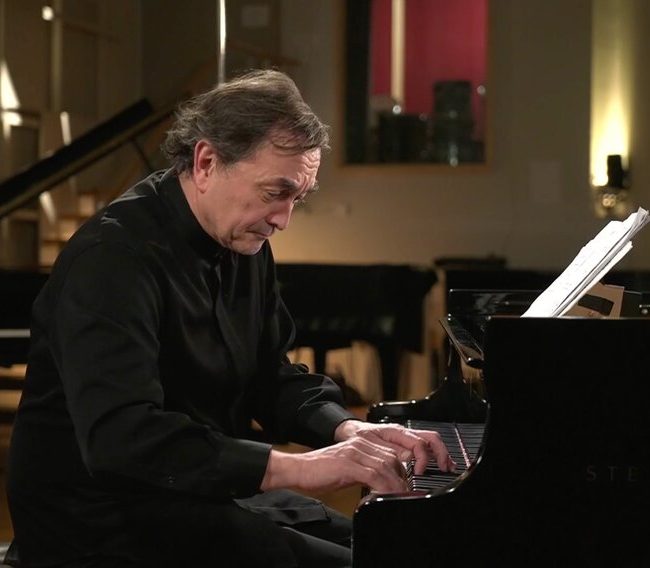
Pierre-Laurent Aimard, the French pianist, was staring up at the beautiful blue sky on Tuesday morning and playing the solemn strains of a Beethoven sonata…
The program felt, in these surroundings, appropriately nocturnal, the park’s forested paths a mirror of the moody depths and wary, milky, moonlit glints of Messiaen’s “L’Alouette Lulu” (“The Woodlark”), from his “Catalogue d’Oiseaux” (“Catalog of Birds”). From the beginning, Mr. Aimard’s playing was a study in reverberation; it was perceptible even through slipping headphones how the music expanded in space and time. I only regret that, just as he moved from “L’Alouette Lulu” into the classic, slowly unwinding first bars of Beethoven’s “Moonlight” Sonata, I accidentally turned off my phone.
Despite that unwelcome pause, Mr. Aimard’s point was clear: Messiaen’s forlorn yet slyly confident sounds were Beethoven’s, too. The transitions were crucial in this presentation; I think that by paying close attention to those, I experienced much of what Mr. Aimard wanted me to, even if I lost other aspects of the performance while trying to keep a halfway decent running pace. –The New York Times

“If Beethoven has been everywhere in this year of his 250th birthday, innovative ways of presenting his music have not. Among the symphony cycles, string quartet surveys and re-enactments of his most famous concerts, few artists have asked us explicitly to rethink what Beethoven might mean for us today.
Pierre-Laurent Aimard has done that — or was planning to. A restless intellect as incisive in Bach as he is intelligible in Boulez, the French pianist, 62, was scheduled to give recitals at the Celebrity Series of Boston and the 92nd Street Y before the coronavirus outbreak intervened — recitals that would have put Beethoven in the context of other avant-gardists.” –The New York Times